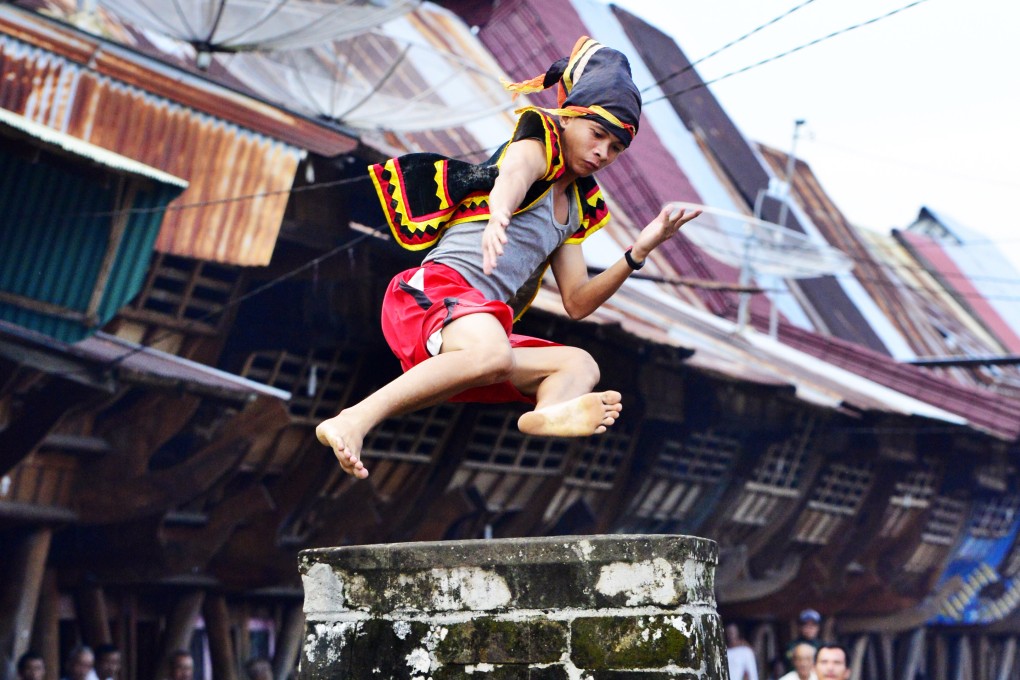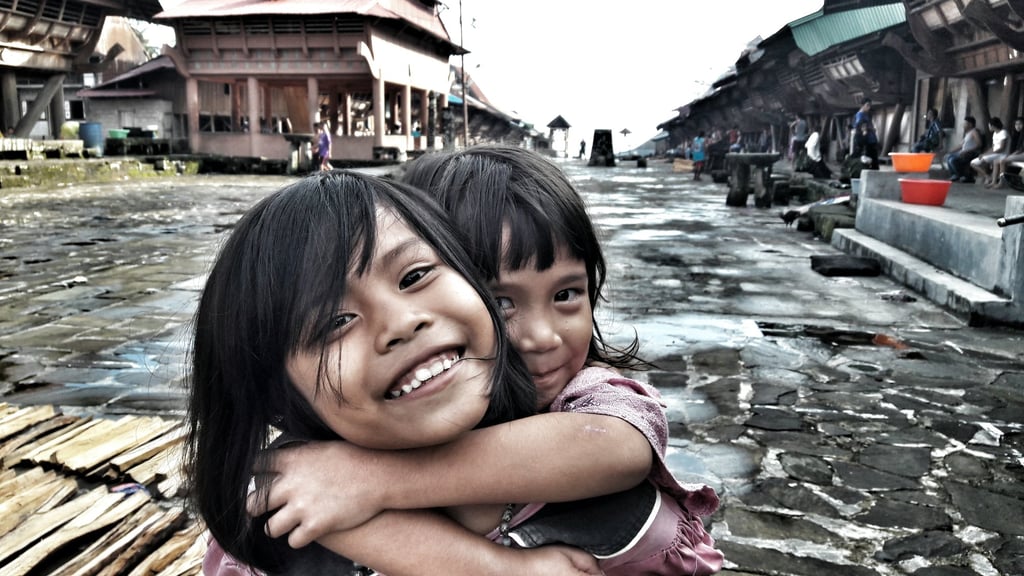Indonesia has been called ‘the world’s most invisible country’, but look beyond Bali and Java and you’ll find a wealth of traditional culture and architecture
- Communities on Nias, a small island off Sumatra, build remarkable palaces for their kings and partake in the traditional practice of hombo batu – rock jumping
- Young men in the rural villages leap over 2-metre-high stone towers in a show of speed, agility and guts that would leave many Western athletes coming up short

“Indonesia has been described as the world’s most invisible country,” says Bali-based travel writer Mark Eveleigh, even though “invisible” is “a strange word to attribute to the world’s fourth most populous nation, an archipelago of more than 13,000 islands, sprawling across three time zones.
“While Bali and Java – and perhaps Sumatra – might be relatively well-known travel destinations, most people would have trouble locating Indonesia on a map,” he explains.
It was with the aim of placing the nation a little more squarely in the spotlight that Eveleigh wrote the book Kopi Dulu – Caffeine-Fuelled Travels Through Indonesia, the story of a 15,000km (9,300 mile) journey through the archipelago. And he’s well qualified to explain the Asian country to his readers.
“I first travelled in Indonesia – on an expedition into the heart of Borneo – in 1996 and have since worked on hundreds of assignments all over those islands. I wanted Kopi Dulu to be an homage to one of the world’s most exciting and diverse countries.”

The title translates as “coffee first”, he says. “It’s a common Indonesian catchphrase that epitomises the slow pace of island life and the traditional mood of hospitality you find in communities all over the archipelago.”